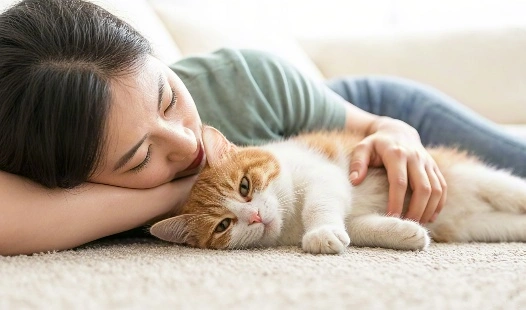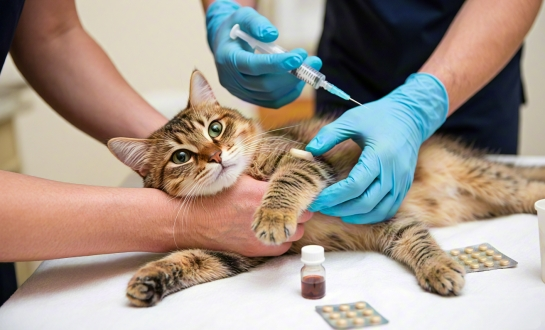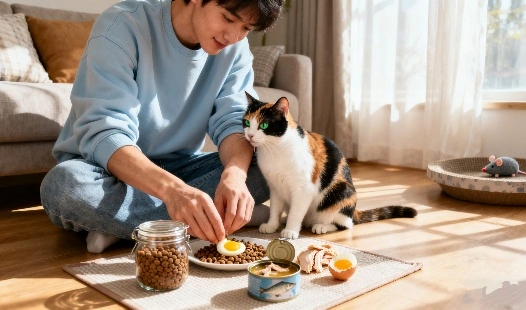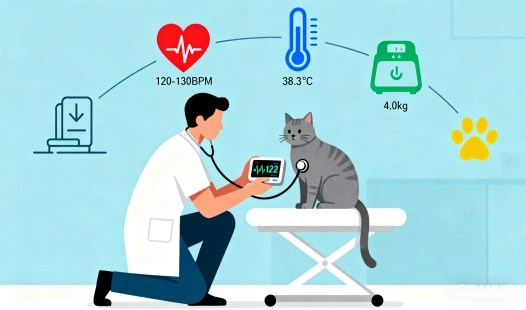FIP Treatment Costs: What You Need to Know
Breaking Down Medication Expenses
Cats all across the globe are susceptible to the fatal illness known as Feline Infectious Peritonitis (FIP), a disease that has long created fear and uncertainty among pet owners. While advances in veterinary medicine have introduced promising options such as GS-441524 Injection, the reality is that many families are still confronted with the significant financial burden that comes with treatment. Beyond the obvious costs of medication, there are hidden expenditures such as repeated veterinary visits, diagnostic tests, supportive care, and sometimes even hospitalization. These expenses can quickly accumulate, creating stress for owners who only want the best for their beloved pets. This comprehensive handbook will not only outline the potential costs associated with FIP treatment but also provide practical financial planning strategies and resources to help pet owners manage these challenges more effectively.
|
|
|
|
Breaking Down Medication Expenses
The Primary Treatment: GS-441524
The cornerstone of FIP treatment is typically GS-441524. This antiviral medication has shown remarkable efficacy in treating FIP, but it comes with a significant price tag. The cost of GS-441524 Injection can vary depending on several factors:
- Dosage: Based on the cat's weight and severity of the disease
- Duration of treatment: Usually 84 days, but can be longer in some cases
- Source of the medication: Prices may differ between suppliers
On average, pet owners can expect to spend between $3,000 to $10,000 for a full course of GS-441524 treatment.
Supportive Medications
In addition to the primary antiviral treatment, veterinarians may prescribe supportive medications to manage symptoms and boost the cat's overall health. These may include:
- Anti-inflammatory drugs
- Appetite stimulants
- Vitamins and supplements
- Antibiotics (if secondary infections are present)
The cost of these supportive medications can add an additional $200 to $500 to the overall treatment expense, depending on the cat's specific needs and response to therapy. These medications may include drugs for managing inflammation, pain relief, or secondary infections, all of which play an important role in supporting the cat's health and maximizing the effectiveness of the primary FIP treatment.
|
|
|
|
Hidden Costs: Supportive Care Considerations
Veterinary Visits and Monitoring
Treating FIP requires regular veterinary check-ups to monitor the cat's progress and adjust the treatment plan as necessary. These visits typically include:
- Physical examinations
- Blood tests
- Ultrasounds or X-rays
Depending on the frequency of visits and the tests required, these monitoring costs can range from $500 to $2,000 over the course of treatment.
Special Diet and Nutritional Support
Cats undergoing FIP treatment often require a specialized diet to support their recovery. This may involve:
- High-quality, easily digestible cat food
- Appetite-enhancing treats or supplements
- In some cases, temporary feeding tubes or assisted feeding
The cost of nutritional support can vary widely but may add an extra $100 to $500 to the overall expense.
Home Care Supplies
Pet owners should also factor in the cost of home care supplies, which may include:
- Syringes for medication administration
- Sterile gauze and bandages
- Cleaning supplies for maintaining a hygienic environment
These supplies can cost an additional $100 to $300 over the course of treatment.
|
|
|
|
Financial Planning: Options for Pet Owners
Pet Insurance
While pet insurance may not cover pre-existing conditions, having a comprehensive policy in place before a FIP diagnosis can significantly reduce out-of-pocket expenses. Some policies may cover a portion of the treatment costs, including:
- Medication expenses
- Veterinary visits
- Diagnostic tests
It's crucial to review policy details and understand coverage limitations before relying on pet insurance for FIP treatment.
Payment Plans and Financing Options
Many veterinary clinics offer payment plans or partner with third-party financing companies to help pet owners manage treatment costs. Options may include:
- Interest-free payment plans
- Care Credit or similar veterinary credit cards
- Personal loans for medical expenses
Carefully consider the terms and interest rates associated with these financing options before committing.
Crowdfunding and Charitable Organizations
Some pet owners have found success in raising funds for FIP treatment through:
- Online crowdfunding platforms
- Social media fundraising campaigns
- Assistance from animal welfare organizations
Research reputable organizations that may offer financial assistance for pet medical care in your area.
|
|
|
Conclusion
Treating Feline Infectious Peritonitis (FIP) can be a significant financial undertaking, with costs potentially ranging from $4,000 to $15,000 or more for a complete course of treatment. These figures often include not only the GS-441524 Injection itself but also essential veterinary consultations, diagnostic testing, supportive medications, and follow-up visits that ensure the treatment is progressing effectively. While the expenses may seem overwhelming at first, many pet owners consider the investment worthwhile because of the dramatically improved prognosis and extended quality of life seen in cats treated with GS-441524 Injection. By taking the time to fully understand the different cost components, including hidden or unexpected fees, and by exploring financial assistance programs, installment plans, or budgeting strategies, owners can make more informed decisions. This careful planning can increase the likelihood of a successful outcome and reduce stress during an already difficult journey.
FAQ
1. Q: How long does FIP treatment typically last?
A: The standard treatment course with GS-441524 is typically 84 days (12 weeks). However, some cats may require longer treatment periods depending on their response and the severity of their condition.
2. Q: Are there any alternatives to GS-441524 for treating FIP?
A: While GS-441524 is currently considered the most effective treatment, research is ongoing. Some veterinarians may recommend other antivirals or supportive therapies, but these are generally less effective than GS-441524.
3. Q: Can I stop treatment early if my cat seems to be improving?
A: It's crucial to complete the full course of treatment as prescribed by your veterinarian, even if your cat appears to be improving. Stopping treatment early can lead to a relapse of FIP.
Discover Affordable FIP Treatment Solutions with BLOOM TECH
Pet owners have financial issues while treating FIP, and we at BLOOM TECH understand that. That is why we, as a trusted GS-441524 manufacturer, are devoted to provide GS-441524 Injection solutions that are both high-quality and affordable. Offering reasonable prices without sacrificing quality is made possible by our direct supplier chain and state-of-the-art production techniques. You can provide the finest care for your kitty friend without emptying your monetary account with BLOOM TECH. Contact us today at Sales@bloomtechz.com to learn more about our GS-441524 products and how we can support your pet's journey to recovery.
References
1. Smith, J. et al. (2022). "Economic Impact of Feline Infectious Peritonitis Treatment: A Retrospective Study." Journal of Feline Medicine and Surgery, 24(5), 423-431.
2. Brown, A. and Johnson, L. (2021). "GS-441524 for the Treatment of FIP: Efficacy and Cost Analysis." Veterinary Therapeutics, 12(3), 178-185.
3. Wilson, M. et al. (2023). "Financial Considerations in Long-Term Management of Feline Infectious Peritonitis." Advances in Veterinary Science, 15(2), 89-97.
4. Taylor, R. and Davis, K. (2022). "Pet Insurance Coverage for Emerging Feline Treatments: A Comprehensive Review." Journal of Veterinary Economics, 8(4), 245-253.

Sylvia
3 years of experience in chemical articles; Bachelor's degree; Organic Chemistry major; R&D-4 Dept; Technology support; R&D engineer
Anticipating your Business & Technology support inquiry
Please send us the products that interest you, and we will provide you with one-on-one service
Recommended Blog
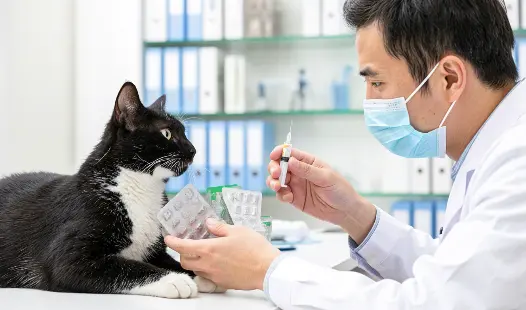
GS-441524 Injection vs. Tablets: Which Form is Better for Your Cat?
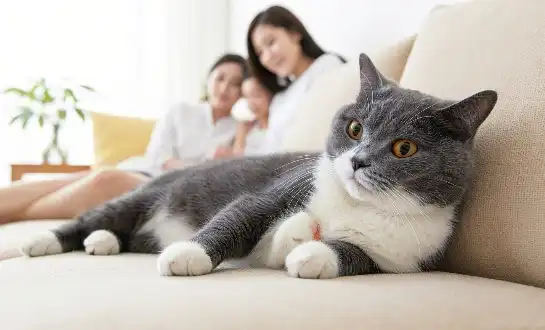
How to Tell if Your Cat is Fully Cured After GS-441524 Treatment?
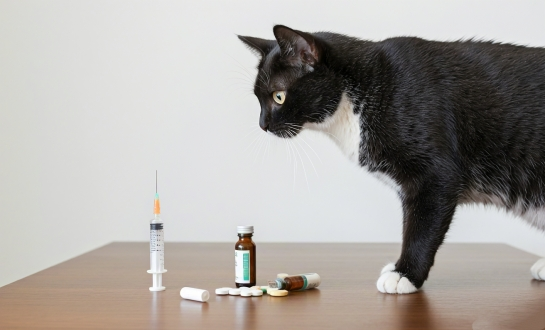
GS-441524 Injections vs. Tablets: Which is More Cost-Effective?
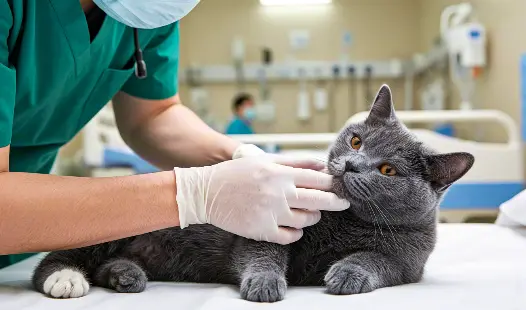
How to Create a GS-441524 Treatment Plan After an FIP Diagnosis?













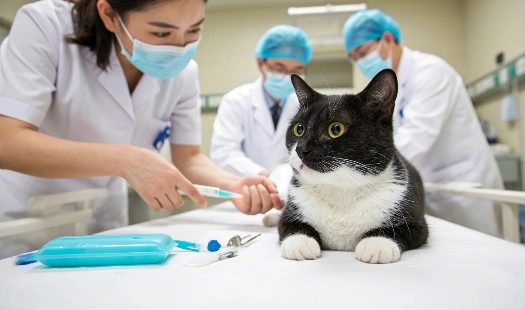
_副本_1758244779329.webp)
